The EHC-WAAS Program of Sciences for Sustainable Development
Even before the beginning of the International Decade of Sciences for Sustainable Development, the World Academy of Art and Science adopted a program of sciences for sustainable development.
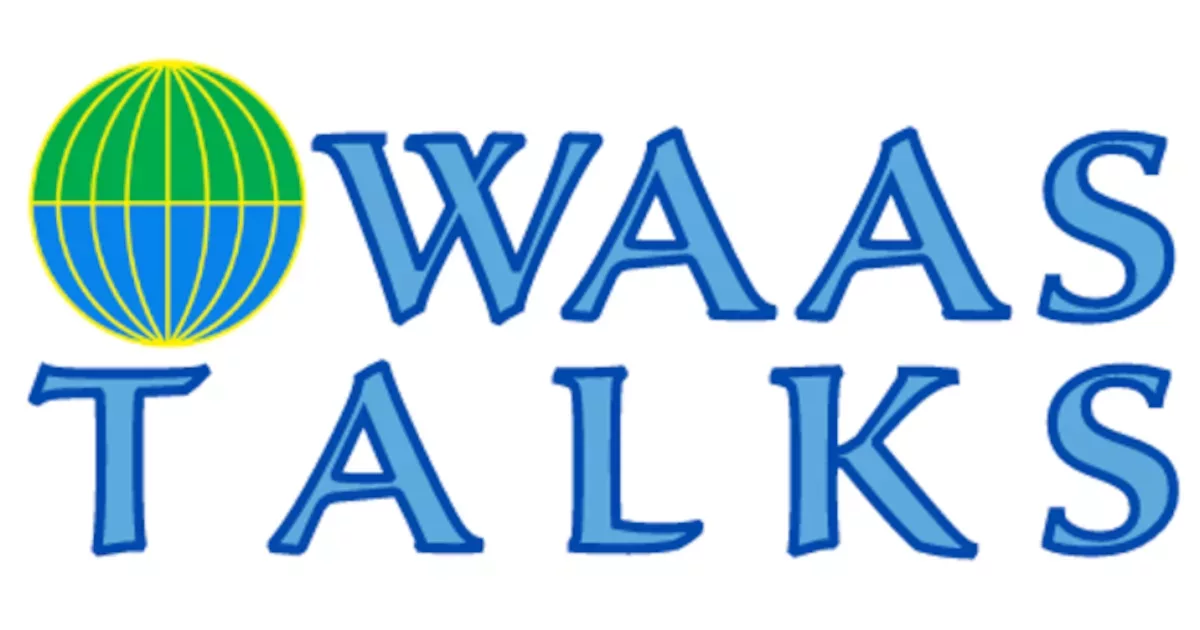
The EHC-WAAS Program includes two series of webinars, six conferences, a number of articles and reports, and four platforms in science and technology for cooperation between the Global North and the Global South. Its implementation is based on a transdisciplinary science model.
Webinars
The first series of webinars within the EHC-WAAS Program started in June 2023 and two events were held by the end of 2023. In 2024, three additional webinars within this series have been held:
- WAAS Talks on Science for Human Security: Natural Geoengineering Methods for Cooling the Planet, on February 28, 2024;
- WAAS Talks on Science for Human Security: Artificial Intelligence, on October 17, 2024;
- WAAS Talks on Science for Human Security: Measuring Sustainability, on December 4, 2024.
The series will be continued with the webinars focused on:
- Big Science with Accelerators;
- Nanomaterials;
- Climate Change;
- Critical Zone Science;
- Fission Nuclear Energy;
- Fusion Nuclear Energy;
- Radiation Therapy;
- Multilateralism;
- Multiculturalism;
- Well-Being Economy;
- Doughnut Economics;
- Sustainable Cities;
- Cultural Architecture.
Conferences
Three conferences are already planned.
The World Conference on Sustainable Cities, to be held on June 26–27, 2025 in Athens, Greece. The primary objectives of the event are:
- to discuss the importance of urban sustainability and the concept of sustainable cities;
- to highlight the current financing gaps in the transition to sustainable cities;
- to explore the innovative financing mechanisms and strategies to bridge these gaps;
- to share the relevant best successful case studies and practices in the field from around the world;
- to facilitate dialogues among the interested stakeholders, including researchers, urban planners, community leaders, policy-makers, and investors.
The target audience of the event comprises these stakeholders as well as governments and international institutions involved in solving the environment and sustainability problems. A result of the Conference should be the Athens Declaration on Sustainable Cities.
The World Conference on Science and Art for Sustainability, to be held on September 22–25, 2025 in Belgrade, Serbia. The objectives of the event are:
- to listen to the distinguished speakers;
- to induce fruitful interactions among them;
- to deduce from all that some conclusions on sustainable, secure, and peaceful development to be presented to various policy-makers and other science and art stakeholders at the local, national, regional, and global scales.
A result of the Conference should be the Belgrade Declaration on Science and Art for Sustainability, Security, and Peace.
The World Conference on Big Science with Accelerators: Basic Sciences and High Technologies, to be organized in the second quarter of 2026 or 2027 in Beijing, China, by the Chinese Academy of Sciences (CAS). The speakers at the event would come from large global, regional, and national scientific and educational organizations operating in the fields of science with charged particle accelerators and accelerator technologies. The event would include a section on education in these fields, and a large industrial exhibition involving companies from all around the world experienced in development and application of accelerator technologies.
All future events will be announced here.
Nebojša Nešković, Vice President for Science and Technology, World Academy of Art and Science (WAAS); Full Member, The Club of Rome; Member, Steering Committee, The Earth-Humanity Coalition
SUBSCRIBE TO OUR NEWSLETTER
To stay up to date with our projects and the development of the EHC
Read more articles
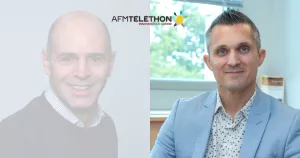
Gérald Perret: “Généthon’s purpose is to develop treatments and deliver them as fast and as widely as possible”
The Généthon laboratory, set up and driven by the association AFM-Téléthon, works to develop gene therapy treatments with patients and
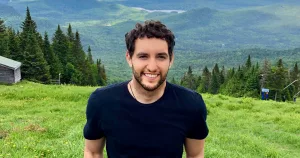
Juan Camilo Serpa: “We are building the LinkedIn of sustainability”
The Sustainaibility Academic Network, SusAN in short, has been launched in March 2025, to create an online discussion and collaboration
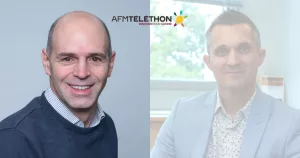
François Lamy: “AFM-Téléthon approach to rare diseases treatment is unique”
The AFM-Téléthon association in France funds its own research labs and its own program to find treatment for genetic rare
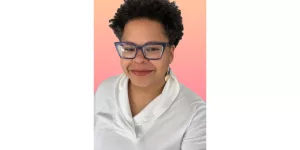
Leslie King: “EHC is an opportunity to learn, share, and expand influence across borders”
Leslie King works with communities across the United States, tackling environmental and social issues through innovative, participatory approaches Leslie King